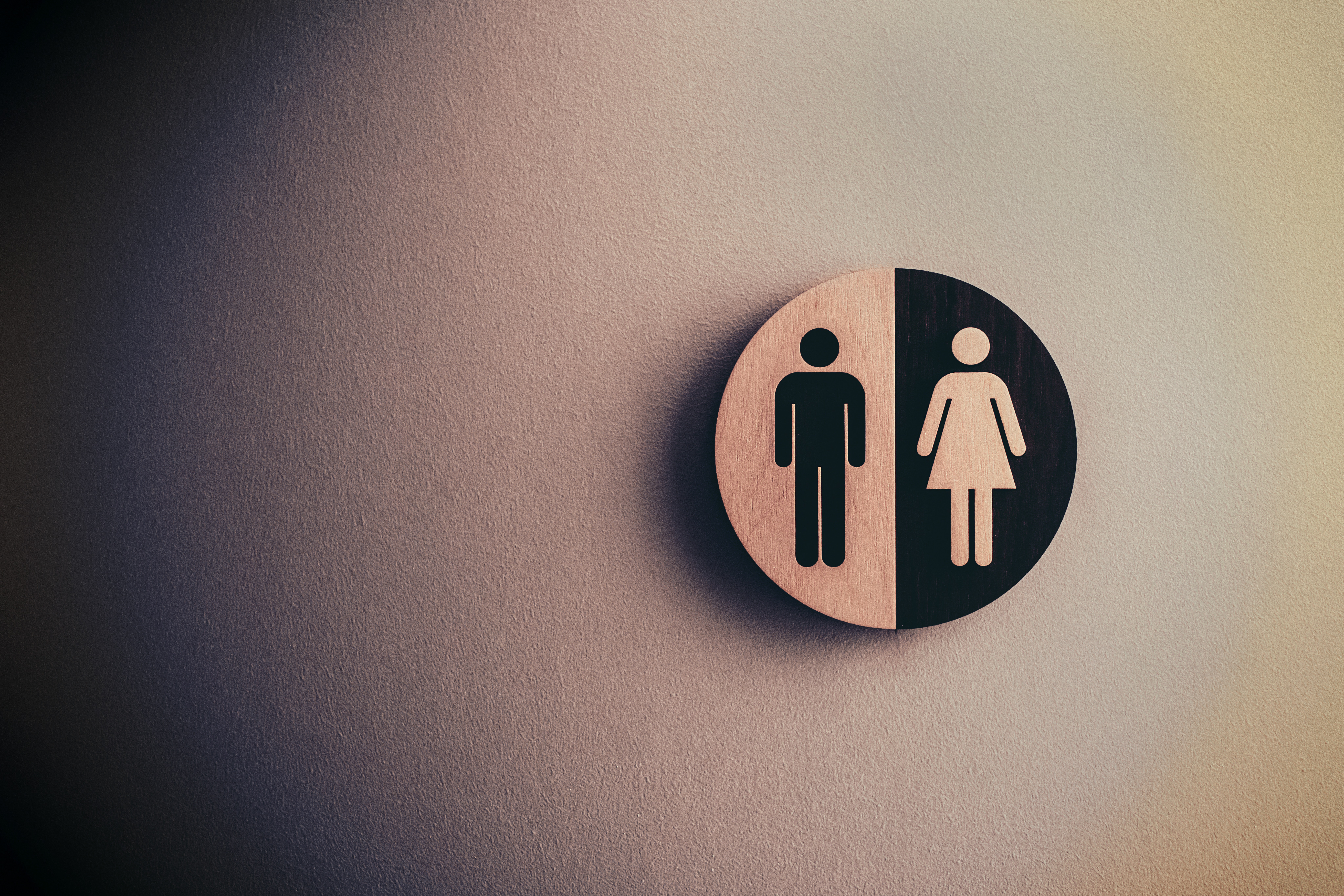Urinary incontinence is the term for loss of bladder control. While this condition doesn’t often cause medical concern, it can significantly affect someone’s quality of life. It’s common for people with urinary incontinence to experience frequent restroom visits, social distress, embarrassment, soiled clothing, and more. Urinary incontinence isn’t rare, either. It is believed that more than half of adult women in the United States will experience urinary incontinence. That being said, not all urinary incontinence is the same. The symptoms you experience are heavily dependent on what type of urinary incontinence you have. Let’s delve into the different types of urinary incontinence and urinary incontinence treatment.
Overflow Incontinence
Overflow incontinence is commonly characterized as the urge to urinate, but only a small amount is able to come out. This is often caused by a blockage or by weakened bladder muscles. There will likely still be urine in the bladder that is unable to be properly urinated. This leads to leakage from the bladder in the form of consistent dribbling.
Functional Incontinence
Functional incontinence is a unique type of incontinence that isn’t caused by an issue with the bladder itself. Instead, it is caused by a condition making it difficult to reach the toilet in a timely manner. This could be caused by a person with severe arthritis struggling to get to the restroom. Functional incontinence is common in people with physical or mental handicaps.
Urge Incontinence
Urge incontinence is what most people imagine when they think of urinary incontinence. Urge incontinence occurs when someone has the urge to urinate, and then the bladder immediately releases urine without the person’s wanting it to. Urge incontinence can be caused by anything from an infection to a neurological issue.
Stress Incontinence
Stress incontinence is one of the most common forms of incontinence, especially in women. This is where the bladder leaks urine when under physical stress, like coughing, laughing, sneezing, lifting something heavy, or exercising. This is common after a woman gives birth or from weakened bladder muscles.
Seeking Treatment
Urinary incontinence can be stressful and embarrassing to deal with. That’s why our team at the Women’s Wellness Institute of Dallas is committed to providing urinary incontinence treatments. Our staff will help you understand what type of urinary incontinence you’re experiencing and help you find the right treatment. If you’re experiencing urinary incontinence, contact the Women’s Wellness Institute of Dallas at 214-442-0055 today.

